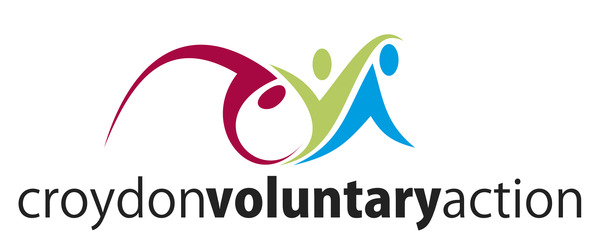Charity Job have put together some tips and advice to help you recruit virtually during the Coronavirus outbreak.
When it comes to communicating directly with candidates, it’s worth thinking about what’s the most appropriate way of getting in touch first—and sticking to some rules about how to use video apps when speaking with candidates directly.
Should all Interviews Go Virtual?
Not necessarily. The current crisis does have some advantages for recruitment in that many people will be at home and have the time to discuss opportunities over the phone. So, it can be worth booking in some calls—you can discuss the job less formally, gauge a candidate’s position and be open with them about how the hiring process may be affected by current events. You may also think that some jobs aren’t suited to video interviews—because of the nature of the job and the candidates you want to attract. There are candidates who may not be able to access or afford the technology, or they may just not feel comfortable speaking on screen like this. Dependent on the job, it could be that a phone call is a more effective way of speaking to candidates.
Bear in Mind of the View that Videos can work against Older People
Video can be unflattering and make people seem older than they would in person. You (or whoever is doing the interview) may not intend to judge in this way, but it can be subliminal and work against a candidate—particularly in the absence of the other signals we pick up on when we meet someone in person. We also can’t make the assumption that everyone is up to speed when it comes to video and conferencing technology. For some older candidates, this is a period of adjustment. So be patient and figure out the most comfortable way to speak to them without testing the limits of their digital prowess.
Tips for Video Interviews
Still, in most cases, video interviews will be the best substitute for an actual interview in person and many candidates will be used to working like this. Below are Charity Job's top tips for conducting video interviews. You may find it helpful to consider these things before you go ahead and book them in so that you’re being fair to the candidate and are able to conduct them without a hitch.
- Check and prepare the tech in good time: Make sure you’ve set the tech up and tested it before the time of the call or interview. It’s worth noting that with so many people currently working from home, there may be temporary strains on the internet and video conferencing apps. Don’t let that throw you if it happens
- Choose a suitable place: We’re all getting more used to seeing what our colleague’s bedroom wallpaper looks like, but for a job interview, you should try to find a place to set up that has a decent background and is quiet. And while you may not need to be dressed as you would for a day in the office, you should look reasonably clean and smart! It’s respectful to the candidate as much as anything. So, look for a quiet setting with decent lighting and a neutral background. Also, do what you can to prevent any unexpected interruptions and turn notifications off on your phone and computer.
- Be prepared: Take just as much time as you normally would to prepare for the interview. Also, if there’s anyone else interviewing with you, make sure they’ve read the candidate’s application and CV in good time as well. Think ahead about how you’ll take notes so as not to be off-putting. You don’t want to spend all your time looking down and typing—so work out how you can make notes in a way that’s discreet and secure.
- Communicate honestly and get back to candidates when you say you will: Keep candidates well-informed at each stage of the interview process and follow-up when you say you will. This is going to be so important in the current circumstances which means things won’t always run to plan. So, keep candidates informed of any delays and be completely open about the reasons.
- Put the candidate at ease and thank them for their time: Without being able to welcome and end an interview in the way you would in person, you can easily come over as a bit of an automaton on screen, which isn’t fair to the candidate. Take the time to ask how they are before you start, and to end the interview by thanking them for their time and effort.
- Give the candidate time: Pause to ensure the candidate is done with their answer, before moving onto the next question to account for time lags and lack of usual social cues. It’s good practice to wait a few seconds before cutting in, just in case.
Charity Jobs 14.05.2020
